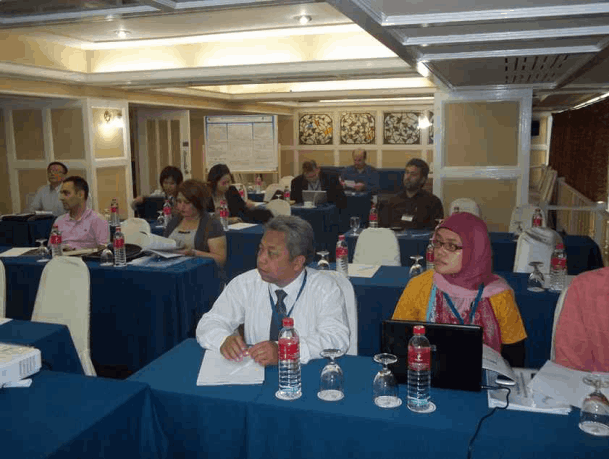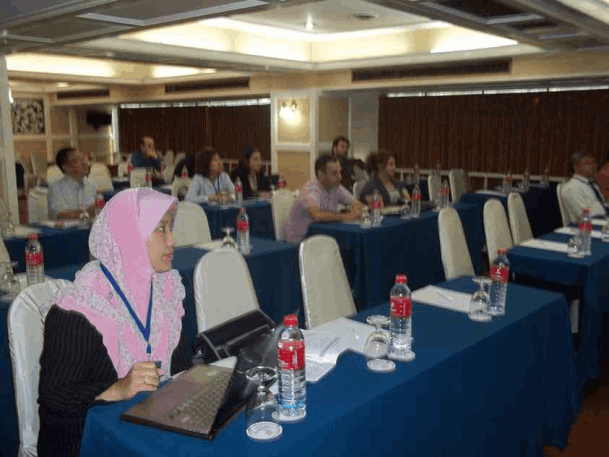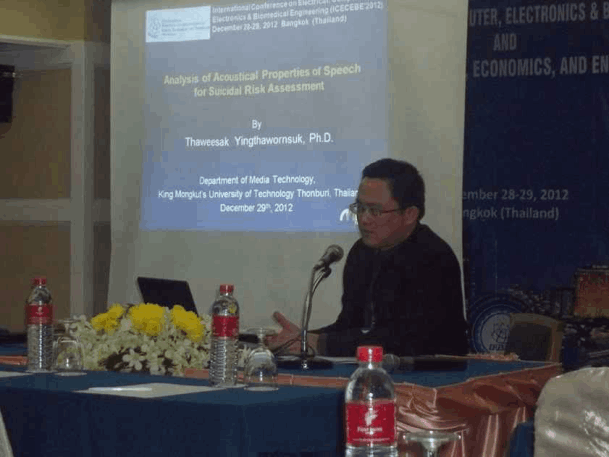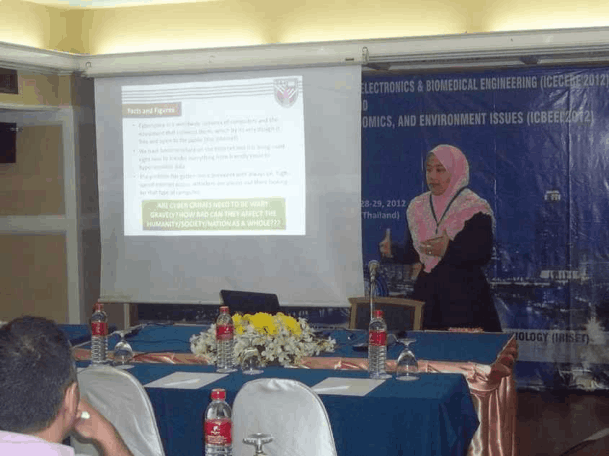Call for Papers
Online Abstract Submission: Click Here
So, Topics of interest for submission include, but are not limited to:
- Educational Technology
- Integration of technology in classrooms
- Online learning platforms and tools
- Gamification in education
- Virtual and augmented reality in education
- Pedagogy and Teaching Methods
- Innovative teaching strategies
- Project-based learning
- Flipped classroom models
- Differentiated instruction
- Curriculum Development
- Designing a modern curriculum
- STEM education (Science, Technology, Engineering, and Mathematics)
- Arts in education
- Inclusive education and diversity in the curriculum
- Assessment and Evaluation
- Formative and summative assessment
- Standardized testing
- Alternative assessment methods
- Assessing soft skills and 21st-century skills
- Special Education
- Inclusive education practices
- Support for students with learning disabilities
- Assistive technology in special education
- Individualized Education Programs (IEPs)
- Higher Education
- Trends in higher education
- Online degrees and MOOCs (Massive Open Online Courses)
- Campus sustainability
- Globalization of higher education
- Early Childhood Education
- Importance of early childhood education
- Play-based learning
- Social and emotional development in young children
- Parental involvement in early education
- Global Education Issues
- Education for sustainable development
- Gender equality in education
- Access to education in developing countries
- Refugee education and displaced populations
- Professional Development for Educators
- Teacher training programs
- Continuous professional development
- Mentorship and coaching for educators
- Educational leadership and administration
- Educational Policy and Advocacy
- Education reform
- Artificial Intelligence and Machine Learning
- Applications of AI in business and industry
- Machine learning algorithms and models
- Cybersecurity
- Threats and vulnerabilities in cybersecurity
- Security protocols and best practices
- Incident response and recovery
- Cloud Computing
- Cloud service models (IaaS, PaaS, SaaS)
- Cloud deployment models (public, private, hybrid)
- Serverless computing
- Data Science and Big Data
- Data analytics and visualization
- Big data processing frameworks (Hadoop, Spark)
- Data privacy and governance
- Internet of Things (IoT)
- IoT devices and sensors
- IoT data analytics
- Blockchain Technology
- Cryptocurrencies and smart contracts
- Decentralized applications (DApps)
- Blockchain in supply chain and finance
- Web Development
- Front-end and back-end development
- Web frameworks (React, Angular, Django, Flask)
- Progressive Web Apps (PWAs)
- Mobile App Development
- iOS and Android development
- Cross-platform development (Flutter, React Native)
- App security and performance optimization
- Network Infrastructure
- Networking protocols and architectures
- Software-defined networking (SDN)
- Network virtualization
- Human-Computer Interaction (HCI)
- User experience (UX) design
- Accessibility in technology
- Emerging interfaces (AR, VR)
- IT Project Management
- Agile and Scrum methodologies
- Project planning and execution
- Risk management in IT projects
- IT Governance and Compliance
- Regulatory compliance in IT
- ITIL (Information Technology Infrastructure Library)
- Governance frameworks (COBIT)
- Digital Transformation
- Strategies for digital transformation
Publication
All abstracts that have been registered and accepted for presentation at this conference will undergo a double-blind peer review. and Abstracts will be issued in the conference proceedings with ISSN & DOI.
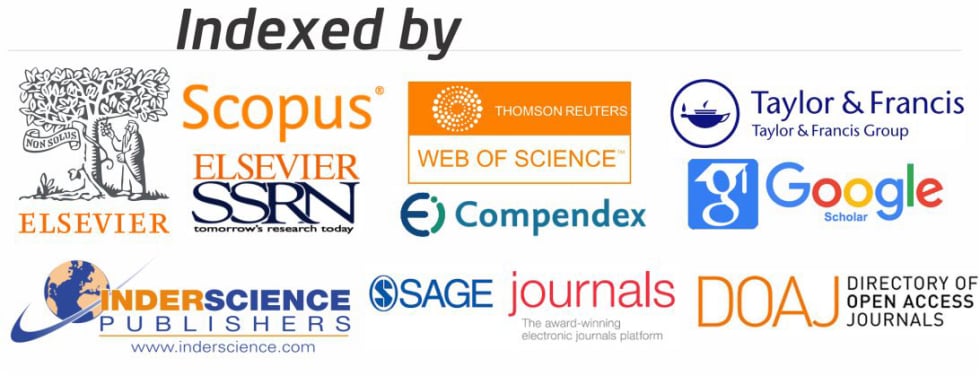
Papers presented at the conference will have the opportunity to be published in our subsequent affiliated SCOPUS-indexed journal publications.
1. African Journal of Science, Technology, Innovation & Development (2042-1346), Scopus Q3
2. Information Security Journal: A Global Perspective (1939-3547), Scopus Q2
3. Sustainable and Resilient Infrastructure (2378-9697), Scopus Q1
4. Educational Studies (1532-6993), Scopus Q2, WoS (ESCI)
Contact us for more details regarding Journal Publications.
Registration Fees
Once you received an acceptance/invitation letter, the registration process begins. Submit your registration fee as per the invoice and send a payment confirmation (bank wire transfer or credit card receipt) via email. Ensure prompt payment to secure your participation.
Author (Abstract)
Author (Full Paper)
Virtual/Online
1. The registration fee for regular participants covers the following items: admission to all conference sessions, conference proceedings, conference kit, certificate of attendance, as well as lunches and coffee breaks.
2. The registration fee for virtual participants covers the following items: conference attendance, access to conference proceedings online, an electronic certificate of presentation/attendance, and an electronic official receipt.
3. If the same author will be presenting two papers, author has to pay ONLY 50% of the total fee in order to publish the additional paper. A maximum of two papers may be presented by each author.
4. For papers with multiple authors where more than one author plans to attend the conference, each attending author must register individually and pay their registration fee separately.
5. Please note that the registration fee does not cover hotel accommodations or transportation.
6. The organizer reserves the right to make necessary adjustments to the conference program.
Contact us
Conference Secretary,
PhD Cluster,
Email: mail.phdcluster@gmail.com
